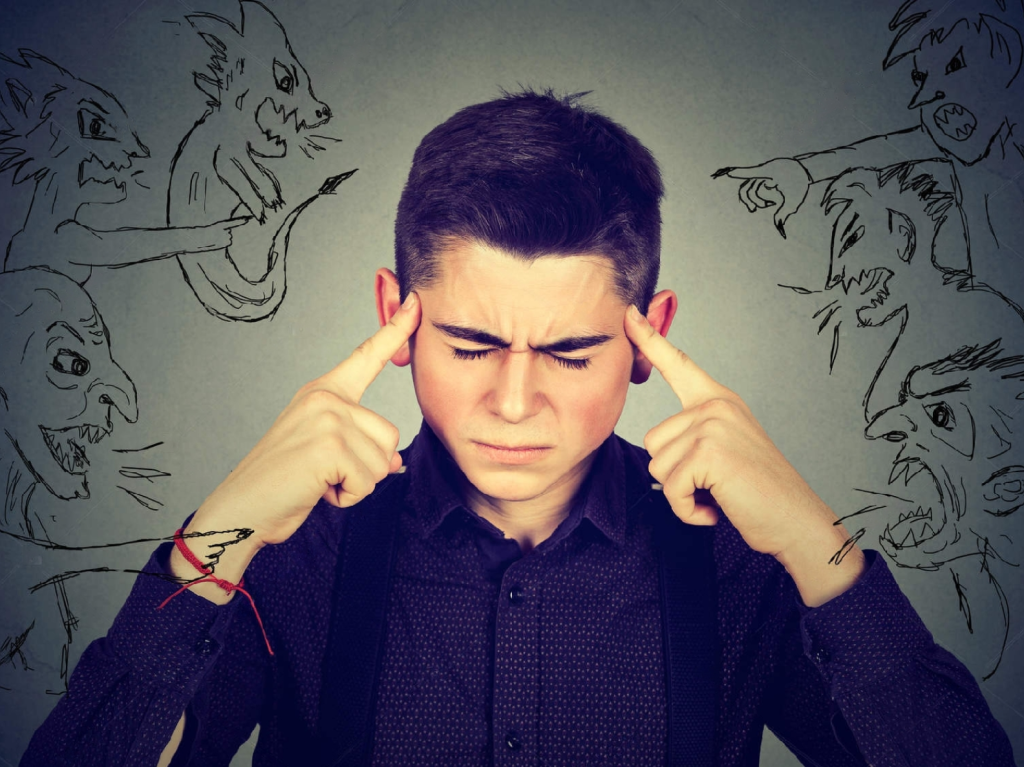Are Your Limiting Beliefs Holding You Back?
Feb 20, 2023 | 3 mins read
When we feel stuck, we are frustrated, disappointed, mad or sad. Often, we feel that it’s easier for someone else to get that happiness and those goals that seem so elusive to us.
That somehow, they have an advantage over us. We seem to try sometimes and the goals just seem so far away and so hard. Often failing so much that even trying again just sounds like too much work. This worry affects our ability to think clearly about issues such as money, weight loss, health and relationships.

When we feel stuck there is a failure limiting strategy, we run to avoid catastrophe, embarrassment and pain. That strategy could be relatively new or from our family of origin. It doesn’t matter when or where it came from, the strategy is running when we are stuck and unhappy.
Our nervous system may feel we are protected by being pessimistic. We convince ourselves that something is out of our control, rather than seeing a positive opportunity. This is often true with personal relationships, but not normally the case in feelings associated with our careers.
Therefore, we are wired to be motivated away from pain rather than towards pleasure. Or, we avoid working towards a goal because we believe it will simply be too hard. These avoidances of catastrophe lock our emotional responses in place in the weirdest ways.
After an avoidance, we justify, blame, overanalyze or martyr ourselves. The perception that there are no other options is present and we get caught up in emotions, unable to solve the issue or problem. When one feels stuck, the positive options disappear. People put on blinders and choose not to see the good in their relationships and avoid connecting with others. We lawyer up and defend our responses rather than open up to create new choices.
Addressing Avoidances
We see the issue with such drama and intensity that we cannot see other choices or solutions. Amplifying the discomfort of the situation as some kind of defense. Trying to figure out why we do it is not the most important thang. Sometimes it helps to engage the feeling energetically that changes the nature of the love to be full and then excuses/blame/martyr disappear and love and forgiveness fills in with less overwhelm as the issues become smaller and the goal remains intact and wonderful.
When dealing with interpersonal disputes, other factors such as health problems, fatigue or substance use make the situation seem harder than it actually is. Additionally, wrestling with an inflated ego can harm a relationship because winning gets in the way of moving towards a solution. All of these avoidances and dilemmas are routed in biochemistry — which is at play when we react in fear, anger or run away.
Addressing avoidances doesn’t only apply to relationship issues. The avoidance problem comes into play with behaviours such as a nine-year-old biting their nails, a college student not realizing their full potential, a person who has tried to lose weight for years with no luck or chronic tobacco use.
Real People, Real Change
In my decades of practicing hypnosis to address underlying stress and breaking habits with patients, clients have learned to control their subconscious mind without having to delve as deep as this article may suggest. Clients have simply learned to un-hypnotize their old habits and learn strategies to create to achieve their formerly elusive goals. Below are some stories of clients who have learned how to control behaviours and overcome avoidances through hypnosis.
- Craig G. said he used to smoke a pack a day off and on for 40 years. “I used to smoke right away in the morning, now I imagine how good I will feel when I don’t. I used to take my dog for granted, I think he likes me better now that I don’t smell like smoke,” Craig G. said.
- Justin E. said he use to have a fear of driving on highways. In a recent exchange, he excitedly said he “drove to and from Tomahawk with a trailer on the freeway,” in recent weeks.
- Lastly, a former patient’s father said he has seen a mindset change in his son since coming in to address a chronic thumb-sucking problem. He said now his son “oftentimes points out that since he quit his thumb-sucking, he can do anything!”